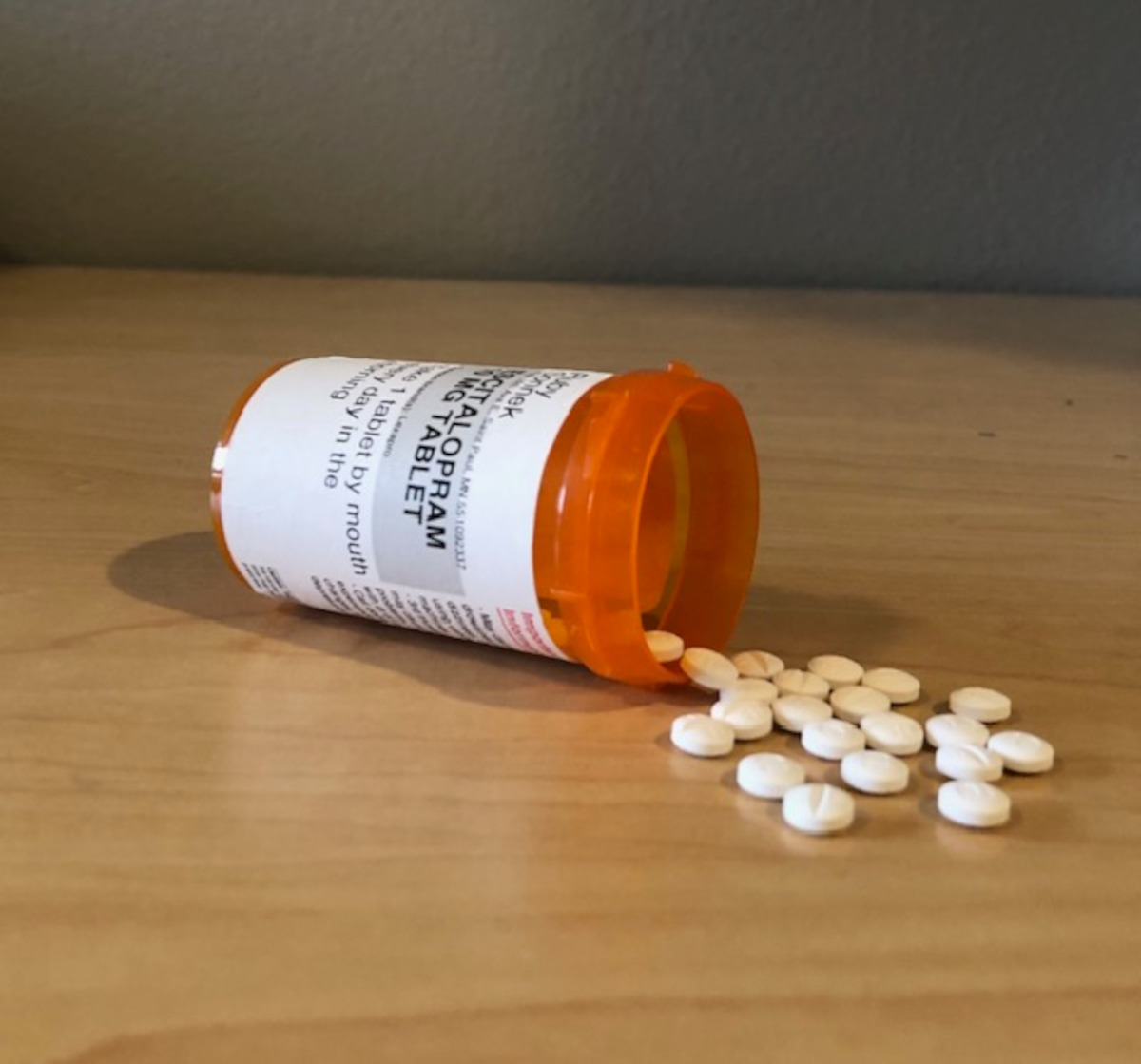Come next Friday, it’ll be one year from Election Day, the day when the U.S. will either re-elect President Obama or choose a Republican candidate to replace him. And already, there have been eight GOP debates to see who’s going be the best selection to face the president in 2012.
There’s also already three more scheduled for the coming months on ABC, NBC and CNN and 10 more total that are currently scheduled before election day.
Eight debates already and 13 more to come? That’s ludicrous, right?
Well, not really.
According to a recent Yahoo News article, there were actually way more debates 4 years ago. In fact, there were twice as many, as both Democrats and Republicans were running to claim the presidency after George W. Bush’s eight-year term. In September and October of 2007, seven Republican debates had taken place to this year’s five.
That’s not even taking the Democratic debates into account. In summation, there were 26 Democratic primary debates and 21 for the Republicans last time.
That’s why a lot of people’s complaints about the seemingly nauseating number of Republican debates is kind of unfounded, or least rooted in the wrong thing — because there’s certainly plenty to be nauseated about.
Because it’s not just this election that’s full of frustrating rhetoric and an endless amount of aggravating stubbornness for which debates are wonderful showcases; it’s just happening again.
So what is the point of having so many debates?
Well, that’s arguable, but one thing is clear: they certainly have the strength to determine a candidate’s “competency” within the party.
I mean, look at Tim Pawlenty. The guy fumbled a question about Mitt Romney’s health care policy during an early debate and then had to drop out of the race.
Or look at Rick Perry who, when he entered the race in August, was like a saving grace to the party, but now after a string of slack debate performances is scrambling to pick up the scattered remains of his campaign.
These debates realistically make or break entire candidacy runs, which is understandable yet regrettable because instead of looking sensibly at issues the candidates bring to the table, the debates come down to who argued better.
Now, is that the most important topic of discussion after a GOP debate? You’d think so, given the endless scrutiny and picking apart that so many (often 24-hour news) programs do post-debate.
For (an extreme) example, did you see when
Mitt Romney put his hand on Rick Perry’s shoulder? WHAT DOES THAT MEAN? Why does Rick Santorum constantly clench his jaw? Is he about to cry or are there a bunch of Jolly Ranchers up in there? Is Michele Bachmann wearing white for personal reasons or does she think that will distract from her crazy eyes?
None of that should even matter, but we live in such a judgmental culture that is so critical of unsubstantial minutiae that we often lose sight of what’s more important in the grand scope of our country’s future.
Maybe I’m old-fashioned, but the next Republican candidate shouldn’t be chosen just because the other guy had a bunch of Jolly Ranchers in his mouth.
Eric Christenson is a senior print journalism major and Currents Editor at The Spectator.






